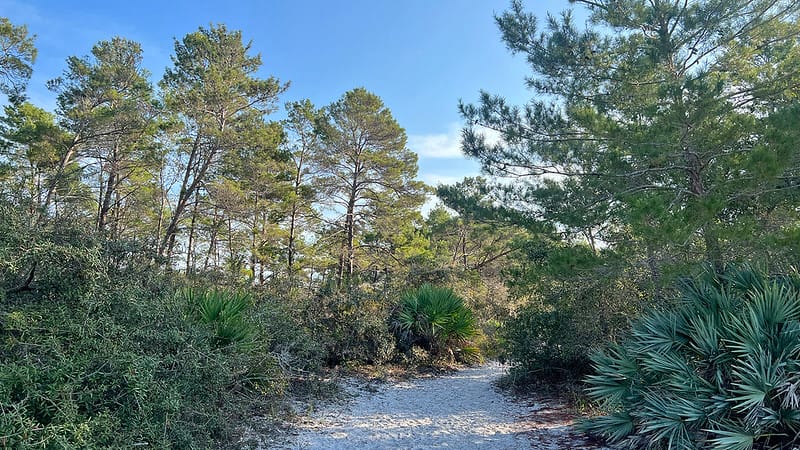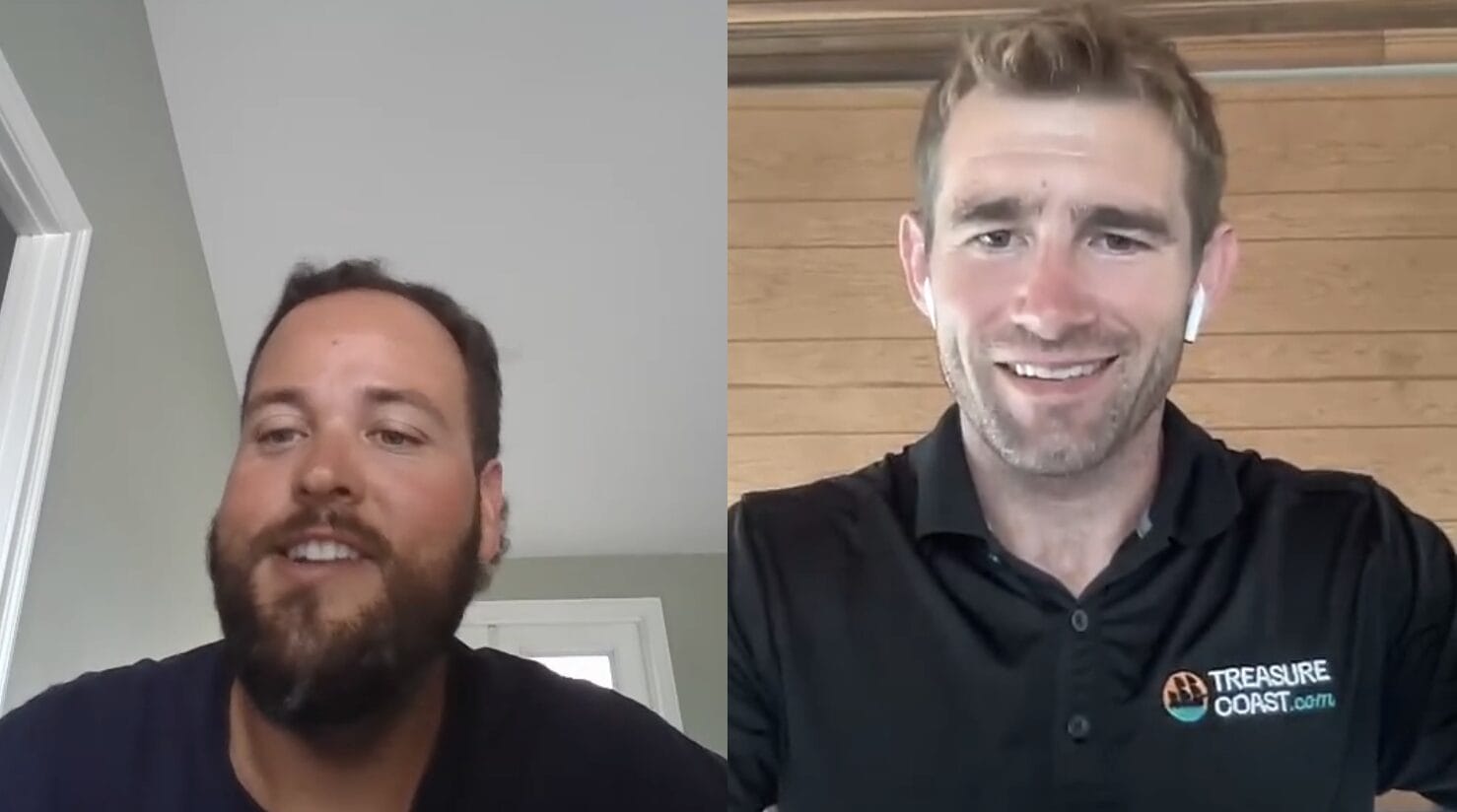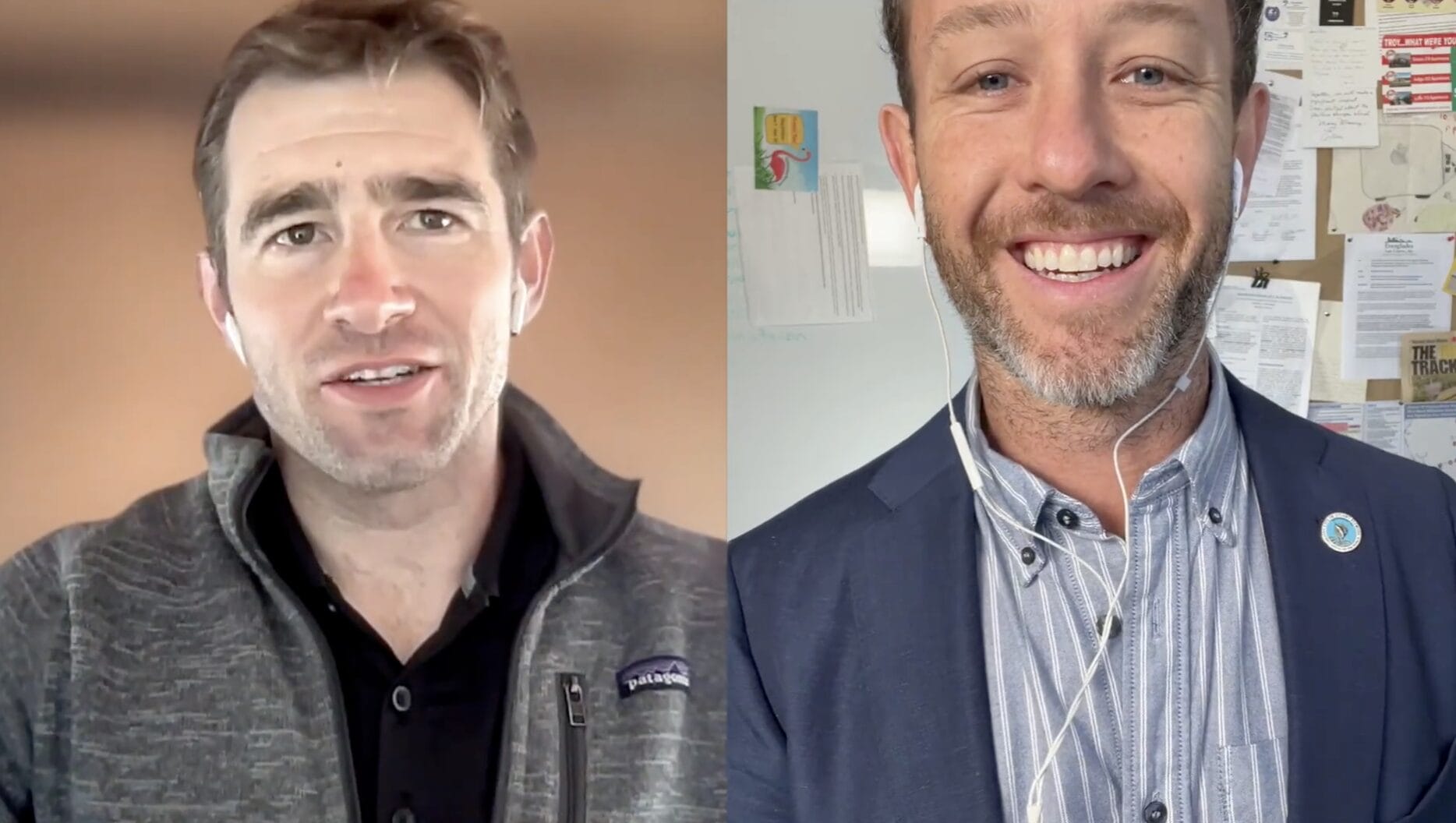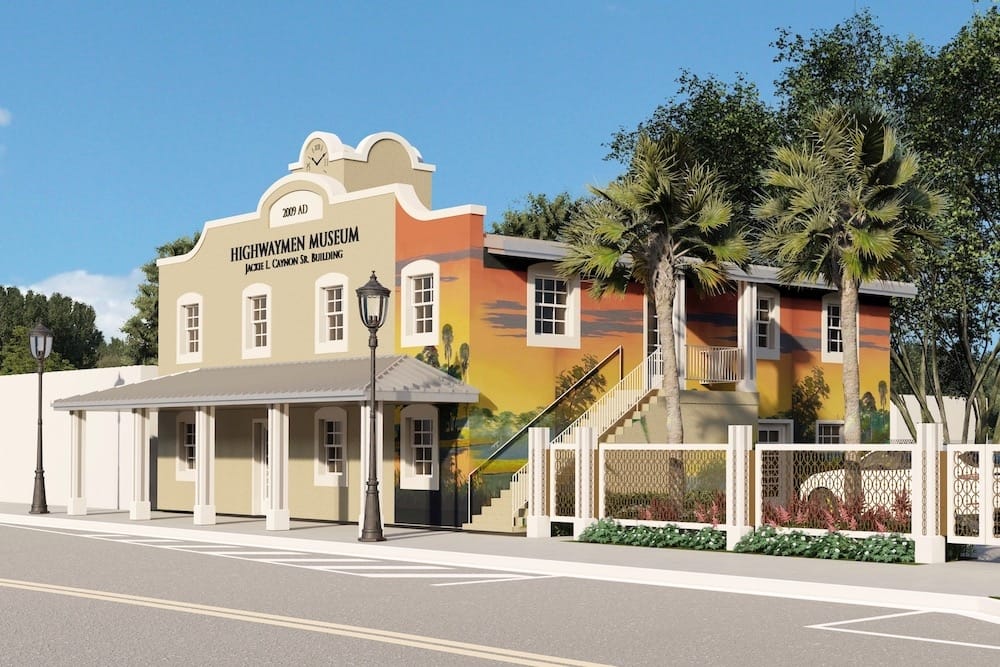On this episode of The Current by TreasureCoast.com, we talk with Commissioner Sean Reed of the City of Stuart. Reed, elected in 2024 to represent Group IV, makes his second appearance with us and brings an unfiltered look at the city’s current challenges, from stormwater management and traffic safety to zoning and small business issues.
How the Half Cent Sales Tax Helps Stuart
The conversation opens with a discussion of the half-cent sales tax and how funds are being distributed. Reed notes that the city receives between $130,000 and $180,000 per month from the county’s half-cent sales tax. These funds, intended for infrastructure improvements, are not limited to specific zones like the CRA. As a result, Reed and other city leaders face tough decisions about where to prioritize spending, from muck removal in Poppleton and Frazier Creeks to stormwater retention in residential areas.
Stormwater issues are also a recurring theme. Reed outlines resident concerns about flooding and outdated infrastructure, questioning whether current solutions like baffle boxes are capable of handling increasingly severe rainfall. Projects to address these concerns can run into the millions, and the costs often fall outside CRA-eligible areas.
📺 Watch: Sean Reed’s First Appearance on The Current Podcast
Zoning, Variances, and Parking in Stuart
The conversation then shifts to zoning and land use. Reed highlights the ongoing tension between development interests and residents who want to preserve Stuart’s character. He discusses a controversial two-acre parcel near Haney Creek, where proposals for development, including a car wash, have sparked concern. Reed emphasizes that while developers often push for zoning changes, property owners buy land knowing its existing designation. Granting variances, he says, must be based on logic, not pressure.

Haney Creek Park Trail
One particularly contentious issue is parking. Reed describes his own experience obtaining a variance for one of his family’s preschool locations and explains how parking standards can be both a tool and a battleground. He believes variances should reflect common sense rather than be used as loopholes. Still, the politics around parking in Stuart remain charged, especially in areas with mixed-use development where older codes failed to anticipate today’s density.
Legislative Proposals that Affect Stuart
Reed also shares insight on broader legislative developments. He addresses state bills like SB 180 and HB 1535, which some claim were introduced in response to Stuart’s recent election of commissioners opposed to unchecked development. Reed disputes that notion, arguing that the bills were statewide reactions to changing political tides across Florida. “People wanted someone to say no,” he says, referencing the wave of new local officials elected on platforms of growth control.
The topic of East Stuart’s zoning overlays also surfaces. Reed explains that the goal was to slow gentrification by ensuring that large-scale projects trigger board reviews. The intent was to keep commercial activity centered on MLK Boulevard while allowing reasonable development that fit the community’s scale. While the initial zoning proposals were seen as restrictive, later revisions found more common ground.
Discussions on Infrastructure & Small Business
Transportation infrastructure is another priority. Reed discusses the Willoughby Road extension, a decades-old plan now resurfacing through the Martin County MPO. It raises a fundamental question: Should elected officials vote based on the preferences of local neighborhoods or the broader needs of the county’s population? Reed acknowledges the emotional and financial stakes, noting that prior approvals of residential projects changed the landscape around Willoughby.
Sidewalks, another seemingly small issue, illustrate the complexity of local government. Reed explains how grant-funded sidewalk installations in neighborhoods like Fisherman’s Cove could reduce street parking, unintentionally triggering code violations. These decisions, he argues, must balance safety, practicality, and fiscal responsibility.
Small businesses and local economics come up throughout the episode. Reed, a business owner himself, is vocal about the pressures facing Stuart entrepreneurs. With downtown lease rates pushing $40 to $70 per square foot, restaurant prices have spiked. He believes many locals are being priced out, and that tourism alone can’t sustain the area long-term. Supporting locally owned businesses, even when there are policy disagreements, is a value Reed says he takes seriously.
Reed urges constituents to engage more deeply with local politics, not just when controversy arises. “Call me. Email me. I’ll sit down with anyone,” he says. He emphasizes that local government decisions have a real, lasting impact, from who gets to build and where, to how infrastructure is maintained and public money is spent.







